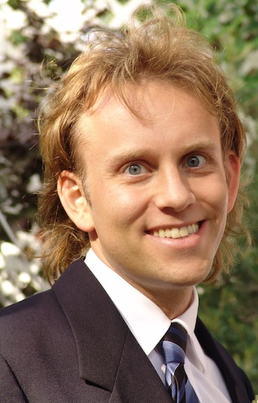Seminar 11th March 2016 11 a.m. Building 67, Room E1001, Highfield Campus, University of Southampton
Modelling Our World: Finding Optimal Experimental Design principles in children and adults' intuitions
Dr Jonathan Nelson
Max Plank Institute for Human Development, Berlin
- Web page
- http://jonathandnelson.com/
- Categories
- Complex Systems, NGCM
- Submitter
- Luke Goater
Abstract:
Statisticians like Good and Lindley began to conceptualize Optimal Experimental Design (OED) principles for identifying useful experiments to conduct, in a Bayesian framework, beginning in the 1950s. OED principles form the foundation of theories of the value of experiments in domains ranging from the philosophy of science to medical diagnosis, and are also useful in machine learning and applied domains. Since the 1980s, psychologists and cognitive scientists have used these ideas as normative or descriptive models, in tasks ranging from children's questions on the 20 questions game, to adults' eye movements on visual search experiments. I will highlight some current research in this area, including a more unified mathematical account of the value of information, issues in sequential planning of multiple tests, and neural bases of the expectation of information.
*Brief bio and research interests: I study cognition in children and adults. My current research focuses on Optimal Experimental Design principles and human intuition about what makes questions (experiments, or tests) useful. I address these issues with a combination of methods including traditional psychology experiments, educational games, computer simulation, and eye movement and neuroimaging experiments. I completed my PhD in Cognitive Science at the University of California, San Diego, in 2005. Since 2008, I have been a researcher at the Max Planck Institute for Human Development, in Berlin. More info, and published papers, listed on my web page at http://jonathandnelson.com/
**This is the fifth of a series of SIRDF seminars organized by colleagues in Psychology, Maths, S3RI, and Economics. These seminars aim to foster interdisciplinary collaboration in the application of computer and mathematical modelling to problems of behaviour and cognition. Please pass on this advertisement to interested parties and if you would like to be notified of future dates please email either Prof. Erik Reichle or Dr. Steven Glautier.
